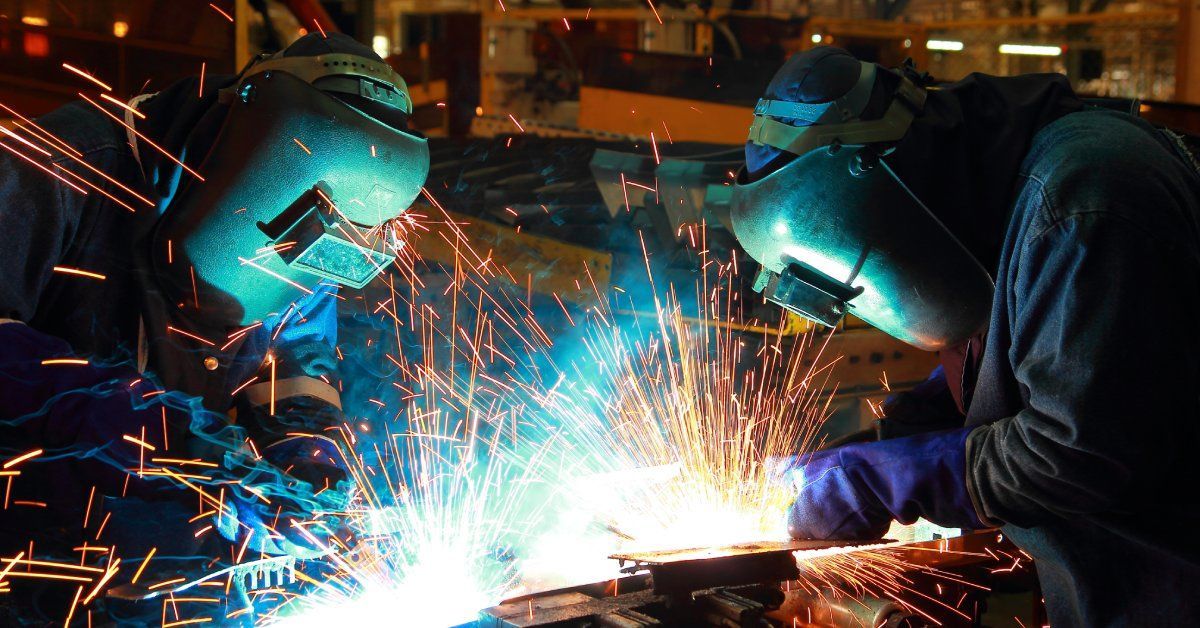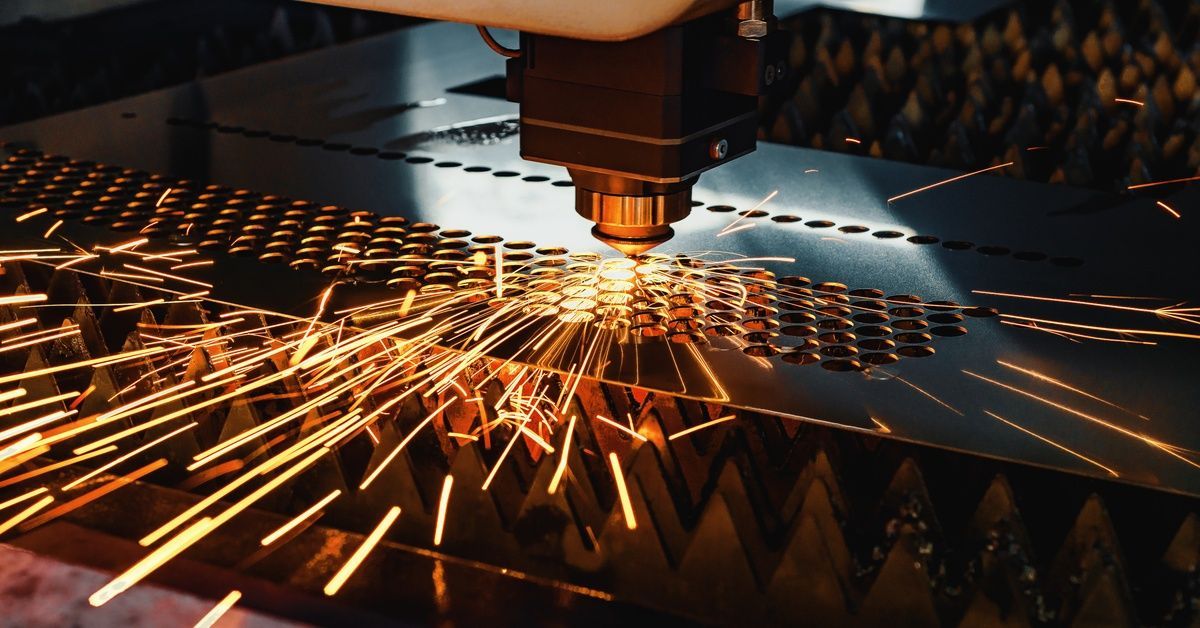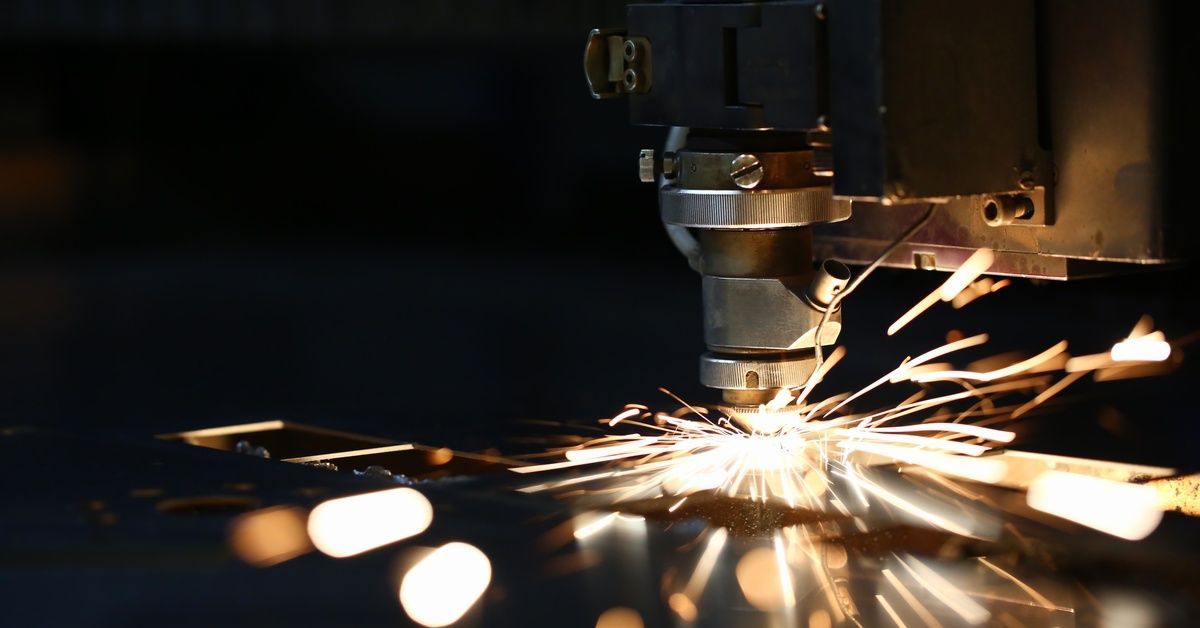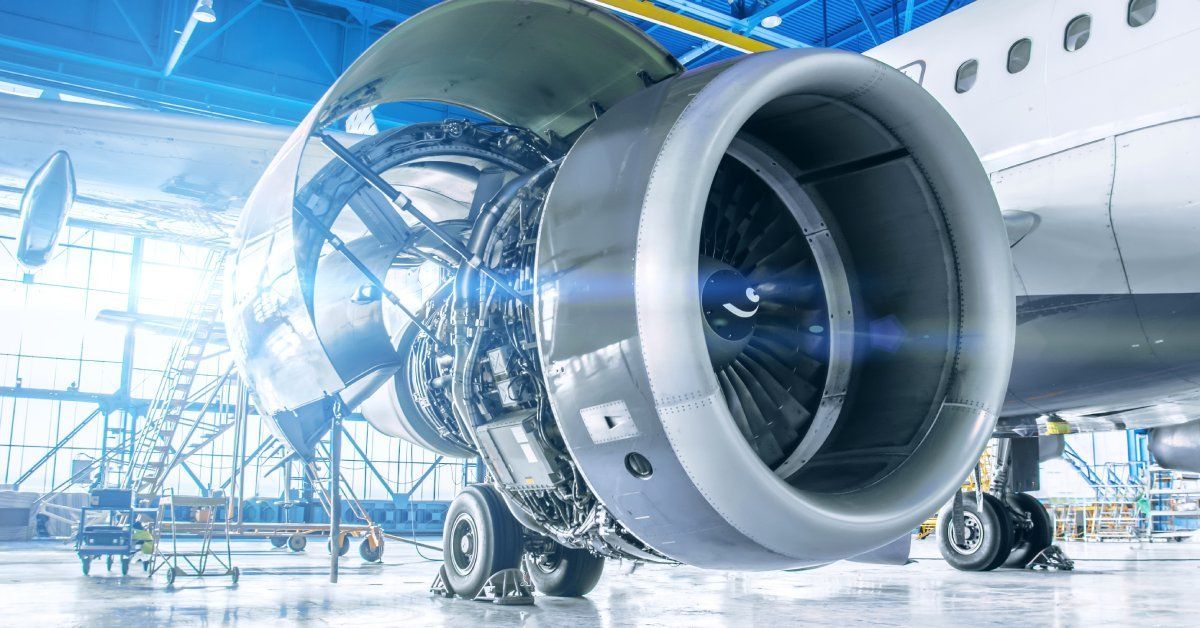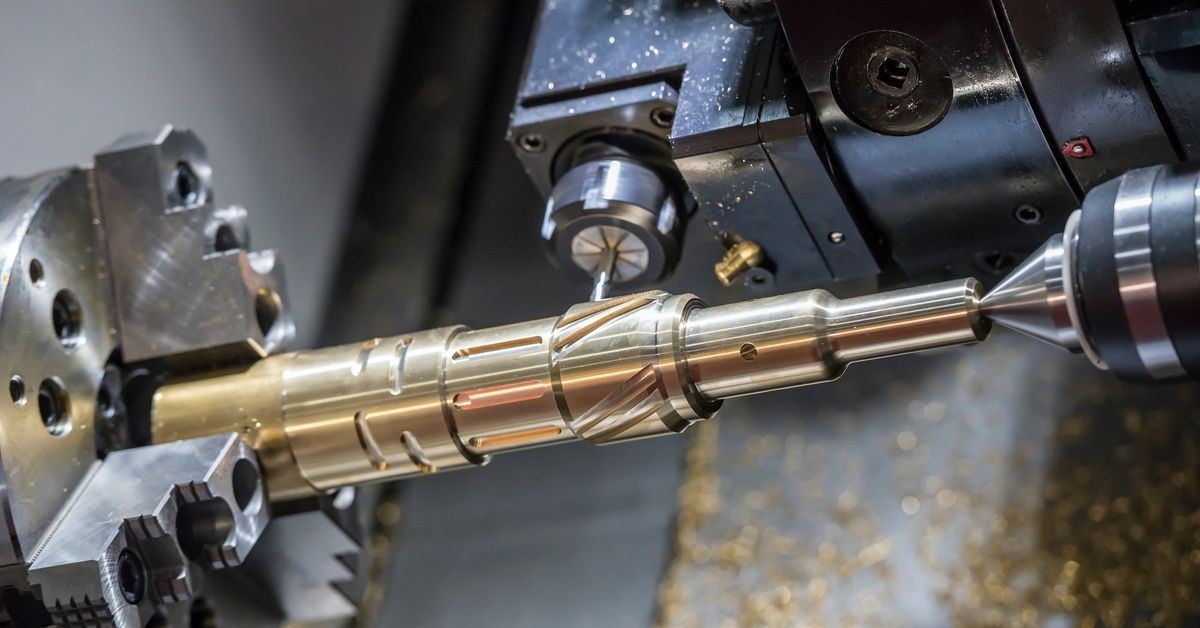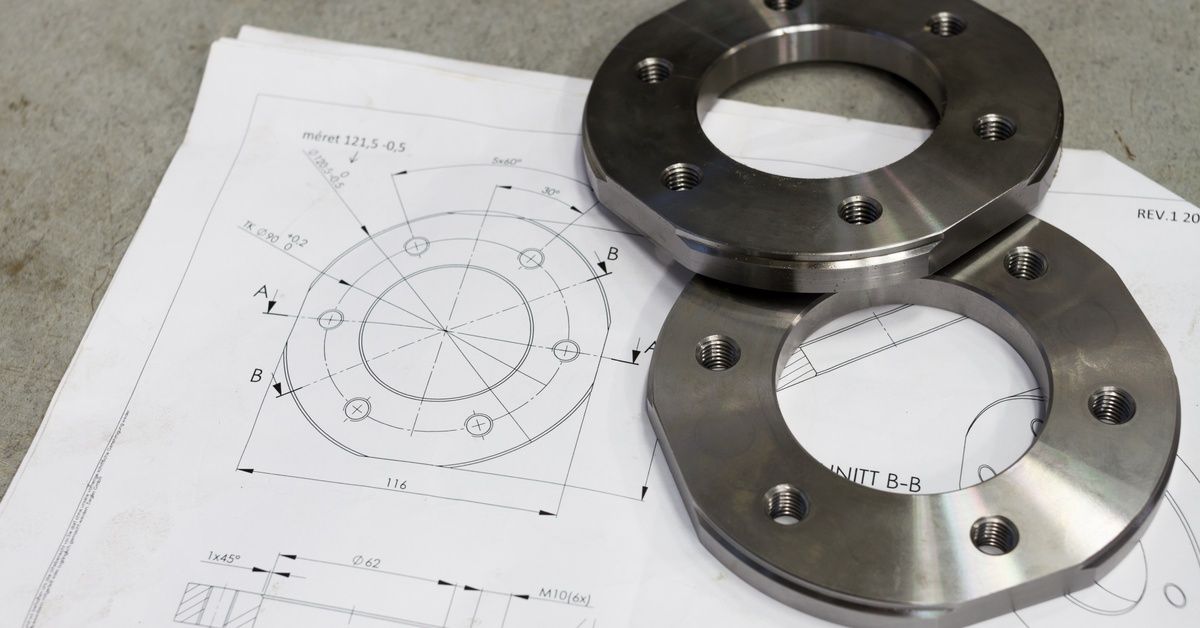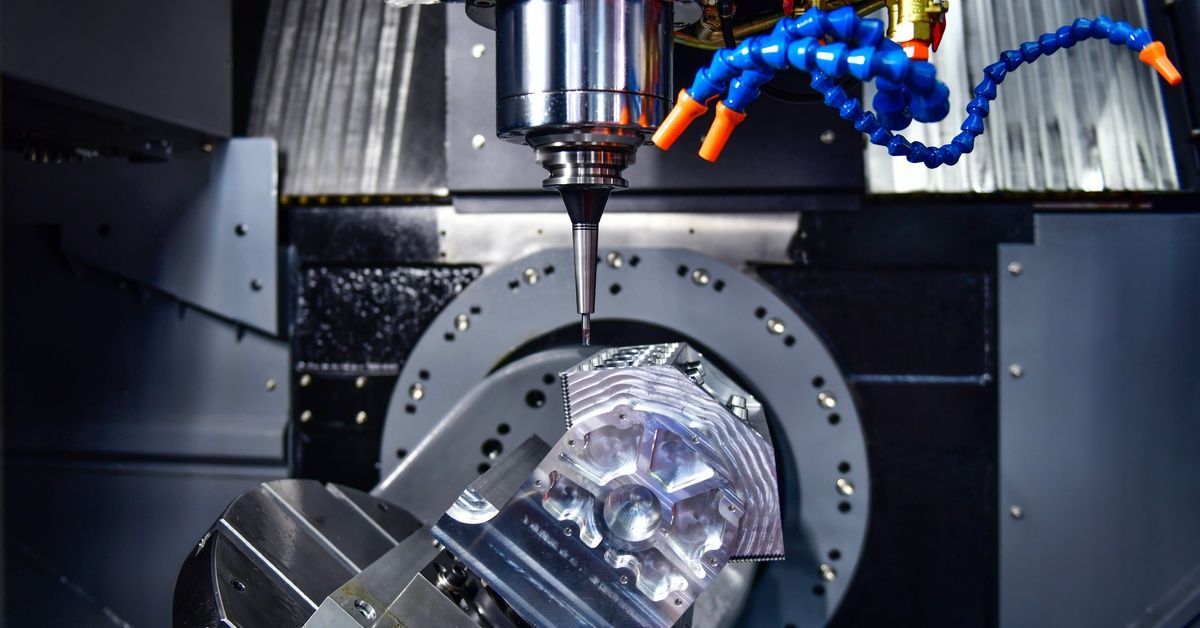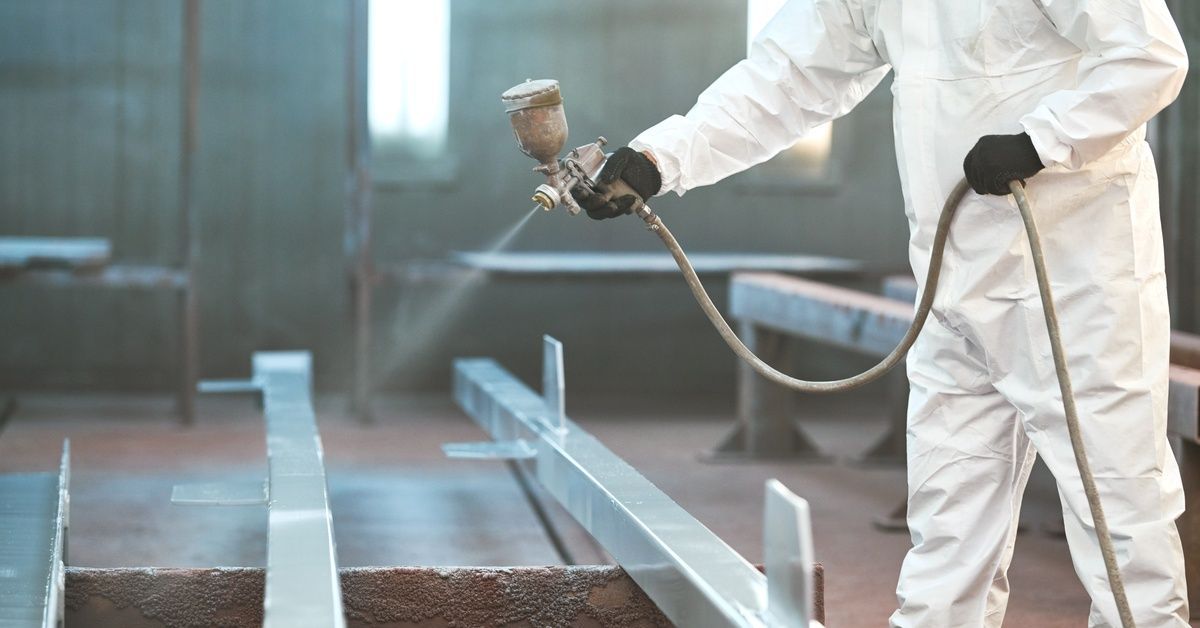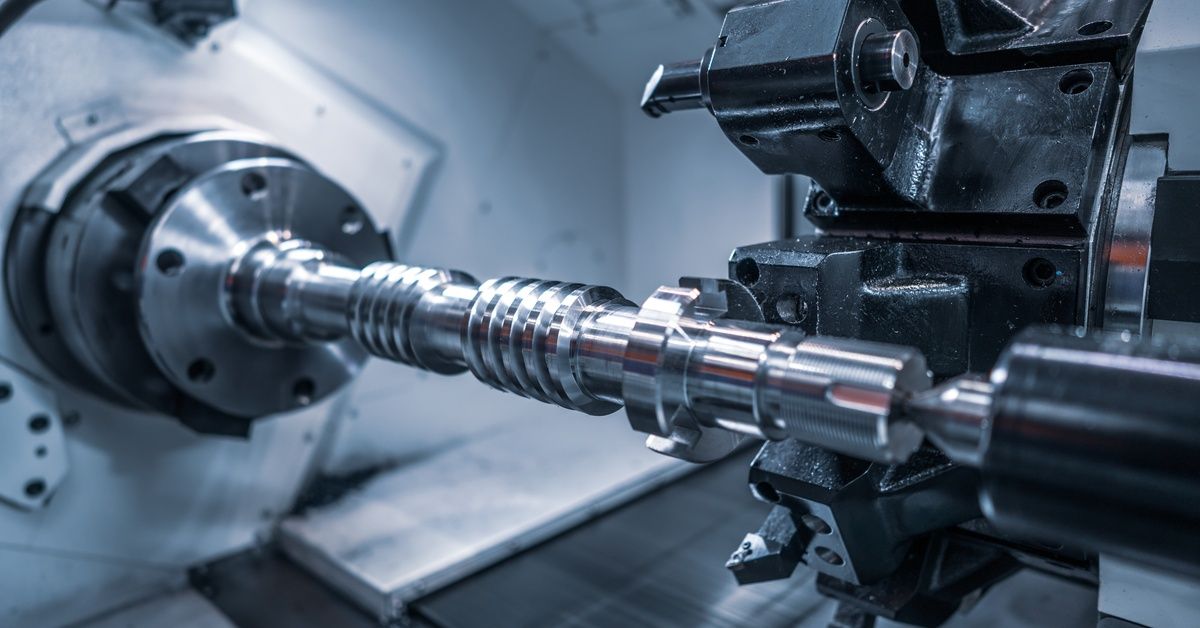The Importance of Metal Fabrication in the Medical Industry
In the healthcare industry, the seamless integration of technology and craftsmanship plays a monumental role in saving lives and improving patient care. Although often behind the scenes, metal fabrication is pivotal in creating the tools and equipment essential for modern medical practices.
By exploring the vital importance of metal fabrication in the medical industry, we’ll uncover how it shapes the delivery of patient care.
Precision Engineering in Surgical Tools
Surgical tools are an extension of a surgeon’s hands. The precision with which these instruments are crafted can make all the difference in the success of a procedure.
Metal fabrication ensures that every scalpel, clamp, and retractor is manufactured to exacting standards. This precision minimizes the risk of complications and enhances the efficiency of surgeries.
Custom Implants and Prosthetics
One of the most direct impacts of metal fabrication is the creation of custom implants and prosthetics. Advanced fabrication techniques allow for the production of implants that fit perfectly within the patient’s body, reducing the risk of rejection and speeding up recovery times.
For instance, dental implants and joint replacements are tailored to individual needs, enhancing overall outcomes. These applications demonstrate how metal fabrication plays an important role in changing people’s lives for the better.
High-Precision Diagnostic Equipment
Metal fabrication is also crucial in producing diagnostic equipment like MRI machines, CT scanners, and X-ray devices. The components of these machines must be fabricated with high precision to ensure accurate diagnostics.
Patients’ lives are dependent on the reliability and accuracy of these devices, as they enable early detection and treatment of diseases. Furthermore, the meticulous fabrication process reduces the risk of device failure, providing peace of mind to both patients and healthcare providers.
Quality Control and Compliance
Quality control is a critical component in the manufacturing of medical devices. Metal fabrication facilities that achieve ISO certification, for example, demonstrate their commitment to high-quality standards and continuous improvement.
Metal fabrication processes include rigorous testing and inspection to ensure that each product meets stringent regulatory standards. Compliance with these standards is crucial for ensuring patient safety and maintaining the trust of healthcare professionals.
Collaboration Between Engineers and Medical Professionals
Collaboration between engineers and medical professionals is key to driving innovation in metal fabrication. Developments in materials science, additive manufacturing, and smart technologies continue to push the boundaries of what is possible.
This partnership is essential for continued progress and improved patient outcomes. By working together with professional metal fabrication services, companies can develop new technologies and solutions that address the evolving needs of the medical industry.
Enhancing Quality of Care Across the Industry
For those in the medical industry, understanding the importance of metal fabrication is crucial. It not only enhances the quality of care but also drives innovation and economic growth.
By staying informed about the latest trends and technologies in metal fabrication, you can contribute to the continued progress of the medical industry.

